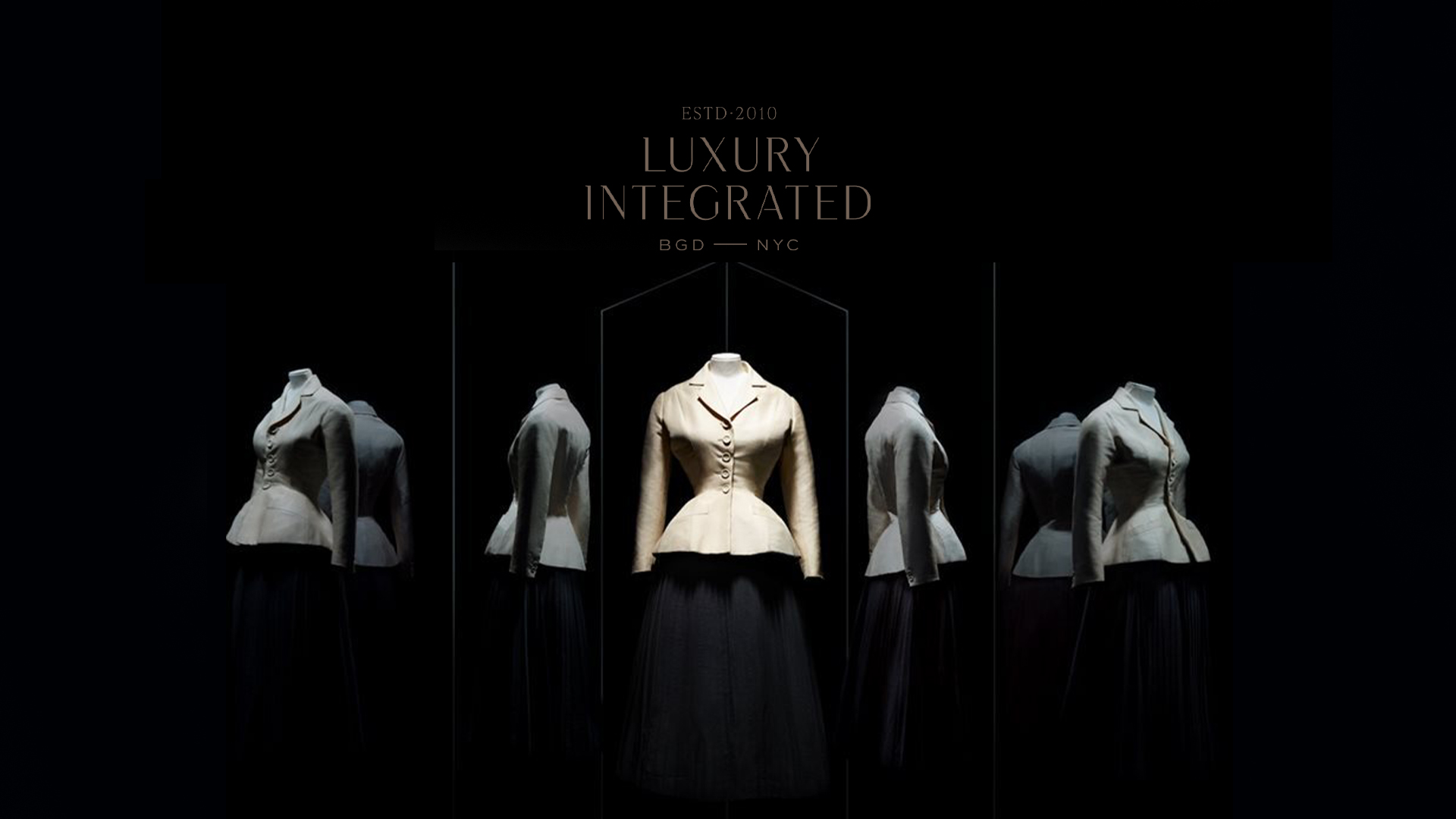
A brand is more than a logo, a slogan, or a catchy jingle. It’s the pulse of a company, echoing its ethos, vision, and
the unique value it brings to the market. Brands are living entities in the commercial landscape, evolving with their
audience, shaping and being shaped by experiences and perceptions.. A brand is a complex blend of emotions,
memories, and expectations. It’s what comes to mind when you see a familiar logo or hear a company name. This
mental picture is a mosaic of every interaction you’ve had with the brand, every advertisement you’ve seen, every
product you’ve used, and every story you’ve heard about it. It’s the implicit promise of quality and satisfaction that a
company makes to its customers and the consistency in delivering on that promise. Brands create a space in the
consumer’s world, offering not just solutions but experiences. The best brands are those that stand out not merely for
what they sell but for what they stand for. They build a narrative that customers want to be part of, one that aligns
with their values, aspirations, and desires.
At the core of every memorable brand is its personality—distinctive traits that make it relatable and endearing to its
audience. Brand personality humanizes a business, making it approachable and engaging. It’s a way for a brand to
express its character through communication, visuals, and interactions, making it recognizable and differentiated in
the crowded marketplace. Brand personality could manifest as the ruggedness of a brand that sells outdoor gear, the
sophistication of a high-end fashion label, or the quirkiness of a trendy startup. It influences not just how a brand
communicates but also how it is perceived by its audience. Through personality, brands forge deeper connections
with their consumers, moving beyond transactional relationships to emotional engagements.
In today’s market, consumers are inundated with choices. What often guides their decisions is not just the quality or
price of a product but their emotional connection with the brand. A strong, relatable brand personality can tip the
scales, turning casual buyers into loyal fans. It helps in crafting a unique brand identity that resonates with
consumers, making the brand a part of their personal narrative. Brand personality is instrumental in building loyalty
and advocacy. When consumers see a reflection of themselves in a brand, or aspire to the lifestyle it represents,
they’re more likely to choose it over competitors. It’s about creating a sense of belonging, a community of users who
share similar values and preferences.
In the panorama of commerce, brands that stand the test of time are those that not only offer exemplary products and
services but also possess a compelling personality. They understand that in the hearts of their consumers, the value
of a brand is not just in what it sells, but in the stories it tells and the emotions it evokes. A brand with a well-defined
personality isn’t just remembered, it’s cherished.






